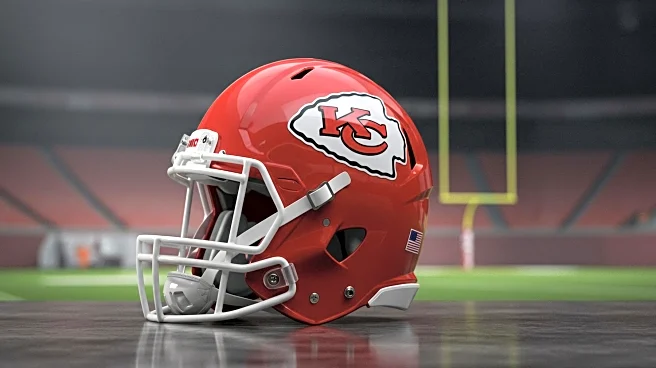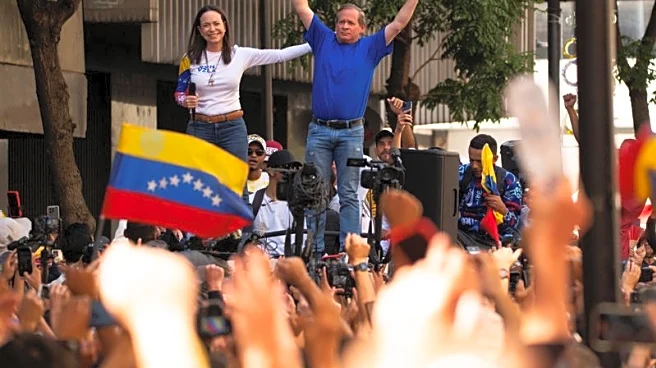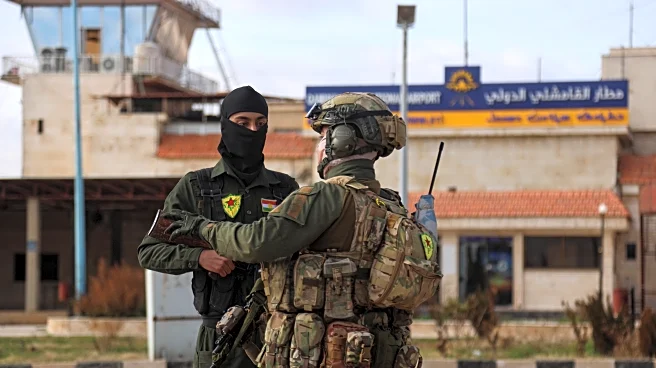What's Happening?
Kansas City Chiefs wide receiver Rashee Rice is expected to participate in the first four games of the 2025 NFL season despite a pending disciplinary hearing. The hearing, scheduled for September 30, concerns Rice's involvement in a multi-car crash in Dallas in 2024. Rice was sentenced to five years probation and 30 days in jail after pleading guilty to charges of collision involving serious bodily injury and racing on a highway causing bodily injury. The case may be dismissed if Rice successfully completes his probation. The crash involved six vehicles, and Rice was accused of fleeing the scene without checking on the victims. He has since apologized and paid restitution for medical expenses.
Why It's Important?
The decision to allow Rashee Rice to play before his disciplinary hearing highlights the NFL's approach to handling legal issues involving players. This situation underscores the balance between legal proceedings and professional sports commitments. The outcome of the hearing could impact Rice's career and the Chiefs' season, as he is a key player for the team. The incident also raises questions about athlete conduct and accountability, potentially influencing league policies on player discipline and legal matters.
What's Next?
The NFL's disciplinary hearing on September 30 will determine any further consequences for Rashee Rice. Depending on the outcome, Rice could face suspension or other penalties, affecting his availability for the remainder of the season. The Chiefs will need to prepare for potential roster adjustments based on the hearing's results. Stakeholders, including fans and team management, will be closely monitoring the situation, which could prompt discussions on player conduct and league policies.
Beyond the Headlines
This case may lead to broader discussions on the ethical responsibilities of professional athletes and the role of sports organizations in addressing legal issues. The incident could influence public perception of the NFL's handling of player misconduct and its impact on the league's reputation. Long-term, this may affect how teams evaluate player behavior in contract negotiations and team culture.











